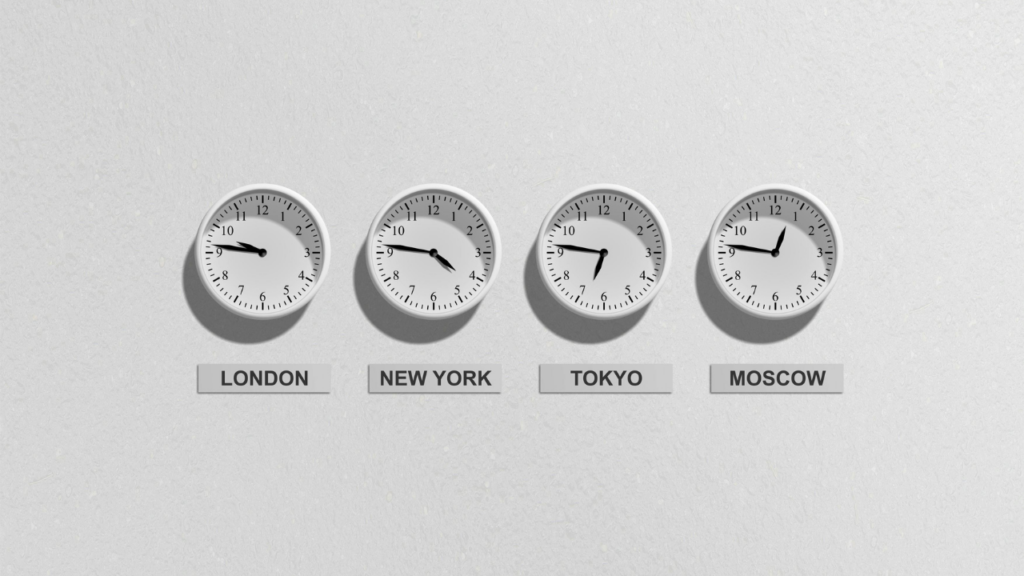Establishing effective time management skills plays a crucial role in sustainable recovery. A well-structured daily routine provides stability, reduces stress, and helps prevent relapse by filling time constructively.
Why Time Management Matters in Recovery
Proper time management offers numerous benefits during recovery. Creating predictable daily patterns helps reduce decision fatigue while providing a sense of purpose. Well-planned schedules support the development of healthy habits that reinforce recovery goals. Additionally, effective time management serves as a powerful relapse prevention tool by minimizing idle time and reducing exposure to potential triggers.
Creating an Effective Daily Schedule
Building a sustainable routine requires careful planning and realistic expectations. Essential components include maintaining a regular sleep schedule and consistent meal times while balancing recovery activities with work or school commitments. Physical exercise, self-care practices, and social connections must also find their place within the daily structure.
Effective planning starts with identifying non-negotiable commitments and building in necessary buffer time. Recovery-specific activities deserve priority status in the schedule, though flexibility for unexpected events remains important. This balanced approach helps create sustainable routines that support long-term recovery.
Balancing Recovery with Other Responsibilities
Recovery requires significant time commitment while maintaining other life areas. In the workplace, this might mean communicating needs appropriately and using lunch breaks effectively. Planning recovery activities around work schedules helps maintain professional responsibilities while prioritizing recovery needs.
Family responsibilities require similar attention to balance. Including family members in planning processes and delegating tasks when possible helps create space for recovery activities. Clear communication about priorities helps maintain necessary support while meeting family obligations.

Avoiding Triggers Through Planning
Strategic scheduling helps manage potential triggers effectively. Understanding personal high-risk times allows for planning alternative activities and preparing appropriate coping strategies. Maintaining open communication with support systems provides additional protection during challenging periods.
Location-based planning proves equally important. Mapping safe routes and identifying trigger-free locations helps avoid unnecessary exposure to risks. Having alternative meeting locations and backup plans ready supports continued progress even when challenges arise.
Setting Realistic Goals
Effective time management requires achievable objectives. Beginning with small, manageable goals allows for gradual building of success. Focusing on specific, measurable targets while allowing for adjustment helps maintain momentum. Regular celebration of progress reinforces positive changes and encourages continued growth.
Priority management requires distinguishing between urgent and important tasks while focusing on high-impact activities. Building in adequate self-care time while maintaining recovery focus helps create sustainable progress toward goals.
Developing Healthy Habits
Consistent routines support the formation of healthy habits. Morning routines might include regular wake times, nutritious breakfasts, meditation or reflection time, and physical movement. Evening routines often benefit from wind-down activities, recovery check-ins, and next-day planning, all supporting regular sleep patterns.
The Bluffs Approach to Time Management
At The Bluffs, we help clients develop crucial time management skills through structured daily schedules during treatment. Time management workshops and individual planning sessions provide opportunities to practice implementing effective routines. This comprehensive approach helps build foundation skills for lasting recovery.
Tools for Success
Several tools support effective time management in recovery. Digital calendars and recovery-specific apps provide technological support, while written planners and time-tracking methods offer tangible alternatives. Regular check-ins and support group attendance create accountability, while progress tracking helps maintain momentum.
Maintaining Long-Term Success
Sustained recovery requires ongoing attention to time management. Weekly schedule evaluations and monthly goal assessments help identify areas needing adjustment. Seasonal planning and annual reviews provide opportunities to adapt routines as recovery progresses. This continuous improvement process helps build on successes while learning from challenges.
Support for Your Journey
Developing effective time management skills takes practice and support. The Bluffs provides comprehensive guidance in building these crucial recovery skills through our treatment programs and ongoing support services.
Need help developing a sustainable recovery routine? Contact The Bluffs at 330-919-9228 to learn about our comprehensive approach to addiction treatment and recovery support.








